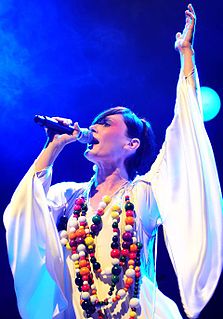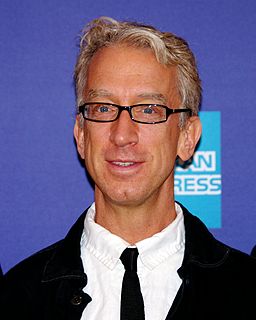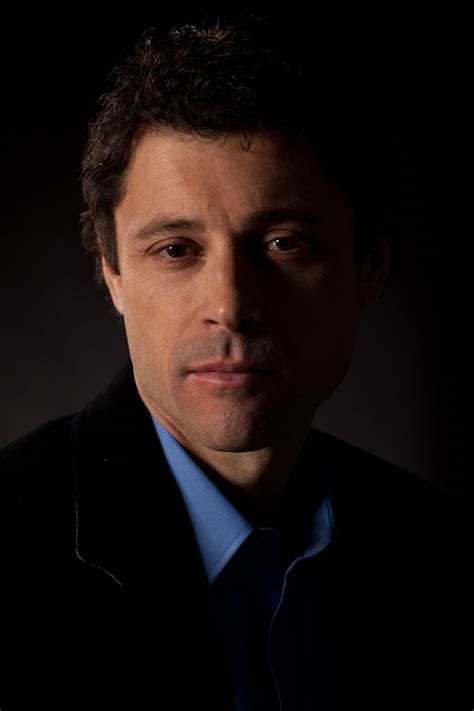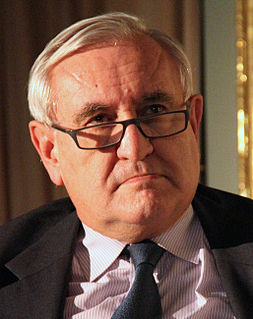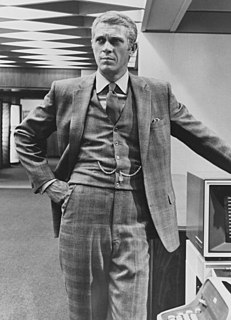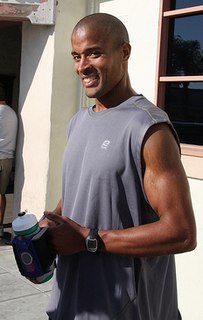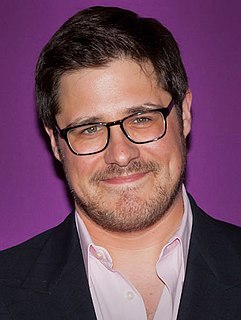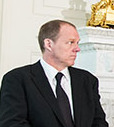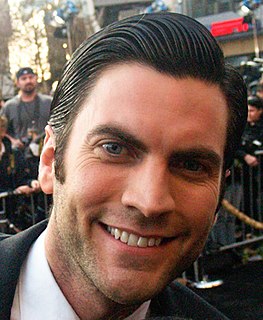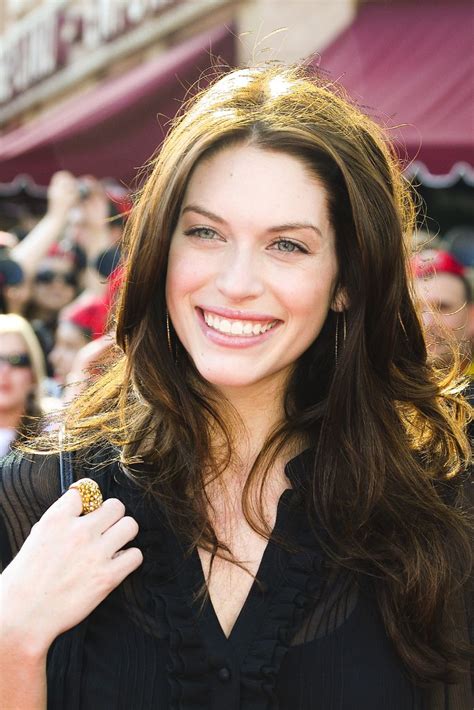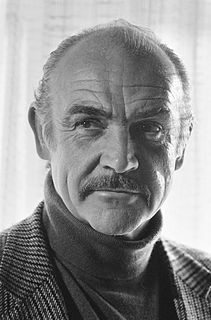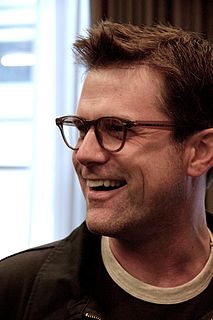Top 1200 Writing Dialogue Quotes & Sayings - Page 3
Explore popular Writing Dialogue quotes.
Last updated on April 19, 2025.
What I like and find liberating in dialogue comedy is that the characters, and what they say, are not me. These are fleeting thoughts and observations and not presented as truths but as something that illuminates the character and the dynamic between the characters. This kind of dialogue is thesis and antithesis - and we never get to a synthesis.
The English playwrights of the '50s and '60s didn't really keep writing or getting produced, while the Irish did. There's encouragement for the younger ones also in the fact that Ireland is exceptional in its ability to make theater part of the national dialogue, and it reaches to all four corners of the country.
Frankly, as much as I love to improvise, it hasn't been difficult to stick to the script on 'Mad Men.' The writing is so precise, and the story so carefully crafted, that I don't think there's room - or need - for ad libbing. I could never come up with dialogue as lovely as these writers do, anyway.
If you're going to make a film, and you're going to have dialogue, and you want to take the characters seriously, let's understand what they're saying. If there is going to be technical dialogue, let's render it in a way that the audience can understand it and expect that it's not going to be so far over their heads.
You want to have the experience. As far as the creative side, the more I do this, the more I know that it's all about the writing. You got on a film sometimes and it's sort of half-written, and they expect and think that the actor's job is to bring the extra part and the good part. It's not. We're good at saying what other people have written, but for the majority of it, that's about it, comedians aside. It's all in the writing. Whether that's dialogue or character, or whatever, it doesn't matter. As long as they've done something special, than you can do something special.
Cartooning is completely different from other media: it is closely related to film and prose, other narrative forms, but the skills needed to realize a story are very different, and include not only drawing and writing dialogue and narration, but graphic design and the ability to depict time passing visually. It's a whole suite of skills that has to go into making a comics page, skills that are quite distinct from those that go into writing a page of prose, or making a film.







